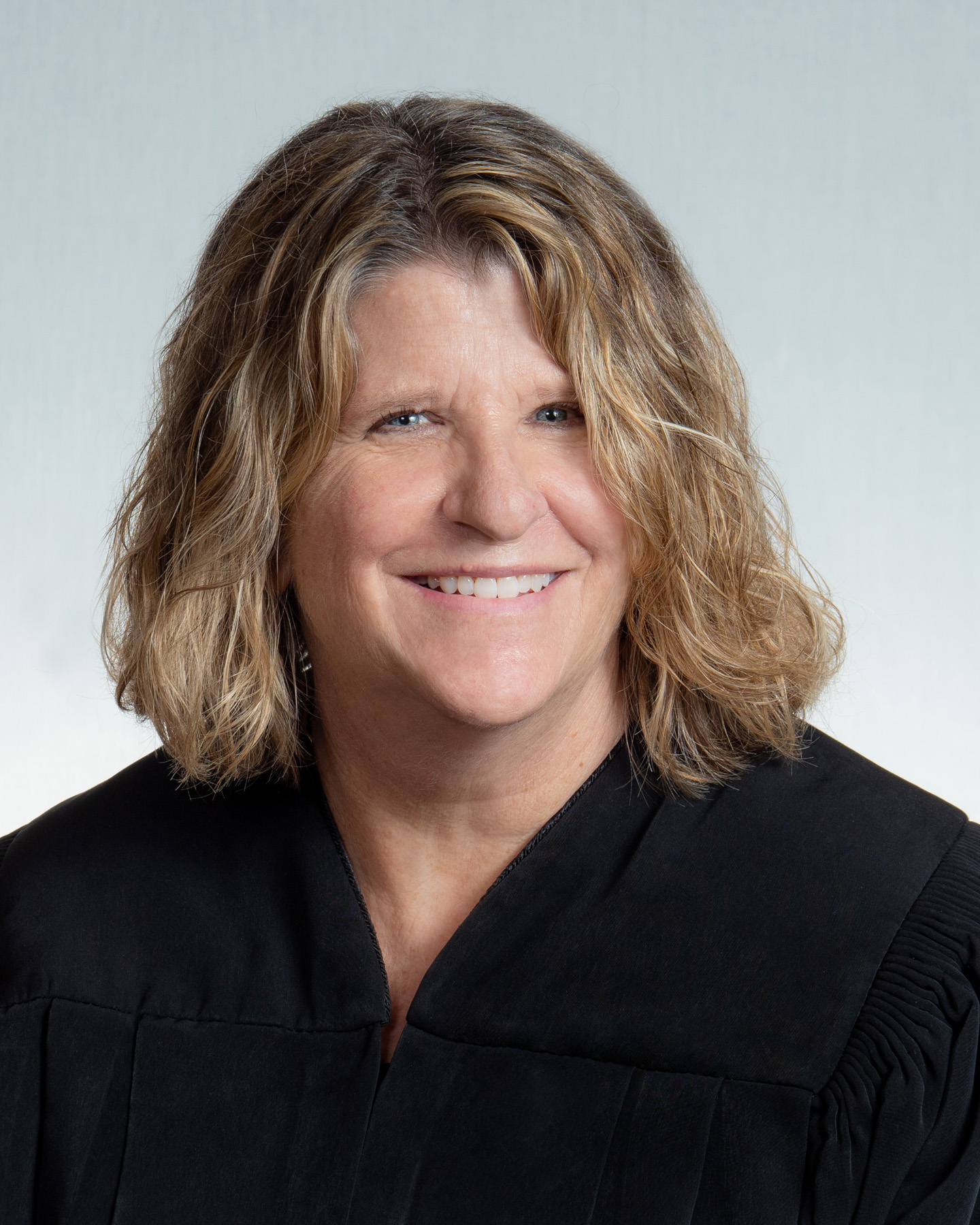Laurie M. Earl, Administrative Presiding Justice
 Justice Laurie M. Earl was appointed to California’s Third District Court of Appeal by Governor Gavin Newsom in November of 2021 and unanimously confirmed by California’s Commission on Judicial Appointments on January 6, 2022. Prior to her elevation to the Court of Appeal, Justice Earl served as a Judge on the Sacramento County Superior Court between 2005 and 2021, where she presided over civil, criminal and juvenile dependency cases. Justice Earl also served as the Sacramento Superior Court’s Presiding Judge between 2012 and 2013.
Justice Laurie M. Earl was appointed to California’s Third District Court of Appeal by Governor Gavin Newsom in November of 2021 and unanimously confirmed by California’s Commission on Judicial Appointments on January 6, 2022. Prior to her elevation to the Court of Appeal, Justice Earl served as a Judge on the Sacramento County Superior Court between 2005 and 2021, where she presided over civil, criminal and juvenile dependency cases. Justice Earl also served as the Sacramento Superior Court’s Presiding Judge between 2012 and 2013.
Justice Earl has served on a number of statewide committees, most notably she served as Chair of the Judicial Council of California’s Trial Court Presiding Judge Advisory Committee (2012-13) and Chair of the Judicial Council of California’s Trial Court Budget Advisory Committee (2012 – September, 2015). Upon appointment by the Chief Justice of California, Judge Earl has served as a member of the Commission of the Future of California’s Court System (2014), as a Special Master to the California Commission on Judicial Performance (2019) and as a member of the California Supreme Court’s Jury Selection Workgroup (2020). Justice Earl teaches Criminal Law Pleading and Practice at her alma mater, Lincoln Law School of Sacramento and has been an instructor of judicial education in both criminal law and ethics courses.
Justice Earl has been recognized as Alumnus of the Year by Lincoln Law School of Sacramento, as Judge of the Year by both the Capitol City Trial Lawyers Association in 2010 and the Sacramento County Bar Association in 2013. She received the Founders Award from the Sacramento Lawyers for the Equality of Gays and Lesbians (SacLegal) Bar Association in 2013. Also in 2013 Judge Earl received the Judicial Council of California’s highest recognition, the Ronald M. George Award for Judicial Excellence, in recognition of her leadership in working with trial court judges and executive officers in developing a methodology that changed the way state trial court funding is allocated to each of the 58 trial courts.
